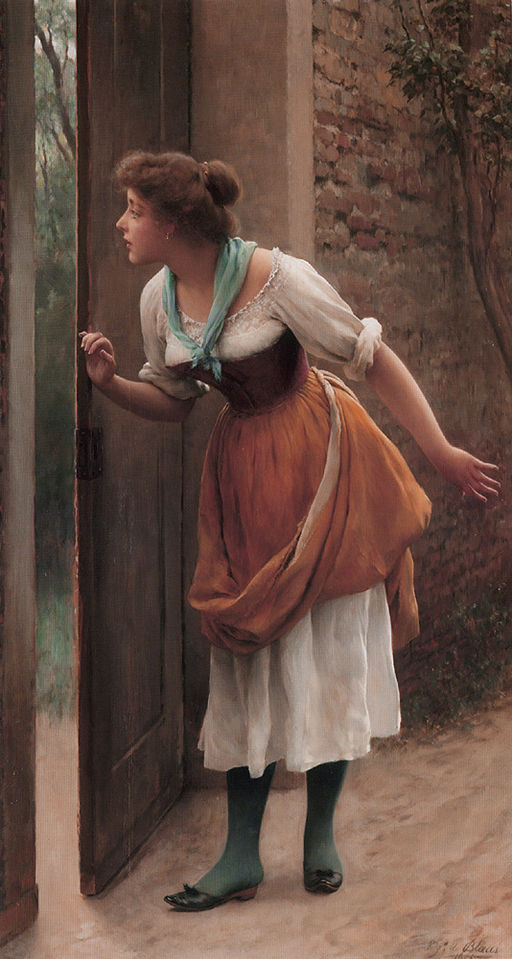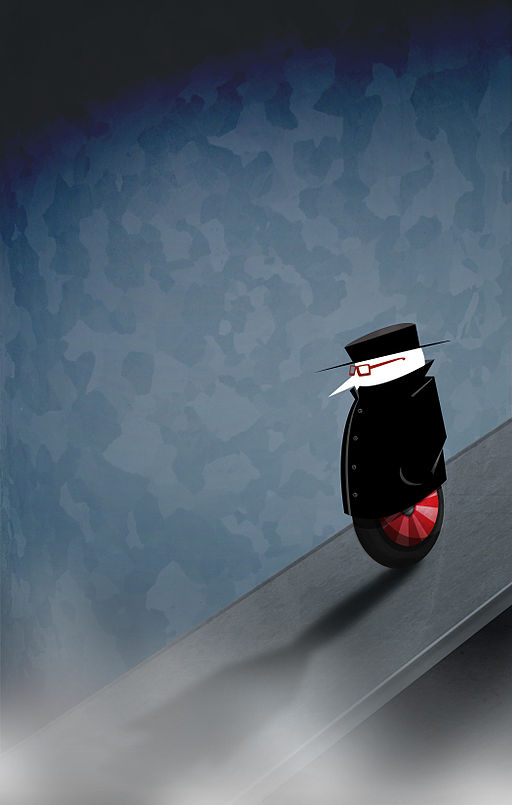Earjacking anyone?
 Thursday, February 20, 2014 at 3:46PM
Thursday, February 20, 2014 at 3:46PM 
Fog rolled around the cold acres of the Tsawwassen terminal. Two thin lines of cars and trucks waited for a ferry that costs thousands of dollars an hour to run.
In the toilet stalls in the women’s washroom, a conversation bounced off the shiny tiled walls, like ricocheting bullets:
“He’s really mature for his age.”
“I know but he still gets on my nerves.”
“I think he’s a nice boy.”
“He’s driving me crazy. He wants things his way all the time.”
“I could take him off your hands if you want.”
“Seriously?”
“I really like him. I could get him moving nicely.”
Silence from the nearest stall.
“You know...if you didn’t mind. I bet I could get him to stand still for brushing.”
“Cool. And that would give me more time to work with Esme.”
When I emerged to wash my hands two young women stood at the sinks, dressed in the winter uniform of horse riders everywhere: waterproof jodhpurs, fleece vests, and muddy, knee-high boots.
As soon as I got back to the car, I wrote up the earjacked conversation in my notebook. Thus one writing task for the day drew to a close, proving once again how important it is for a writer to always carry a notebook, and to keep her ears and eyes open.
Where have found gems like this? Did you seek them out or were you simply a prepared opportunist?



